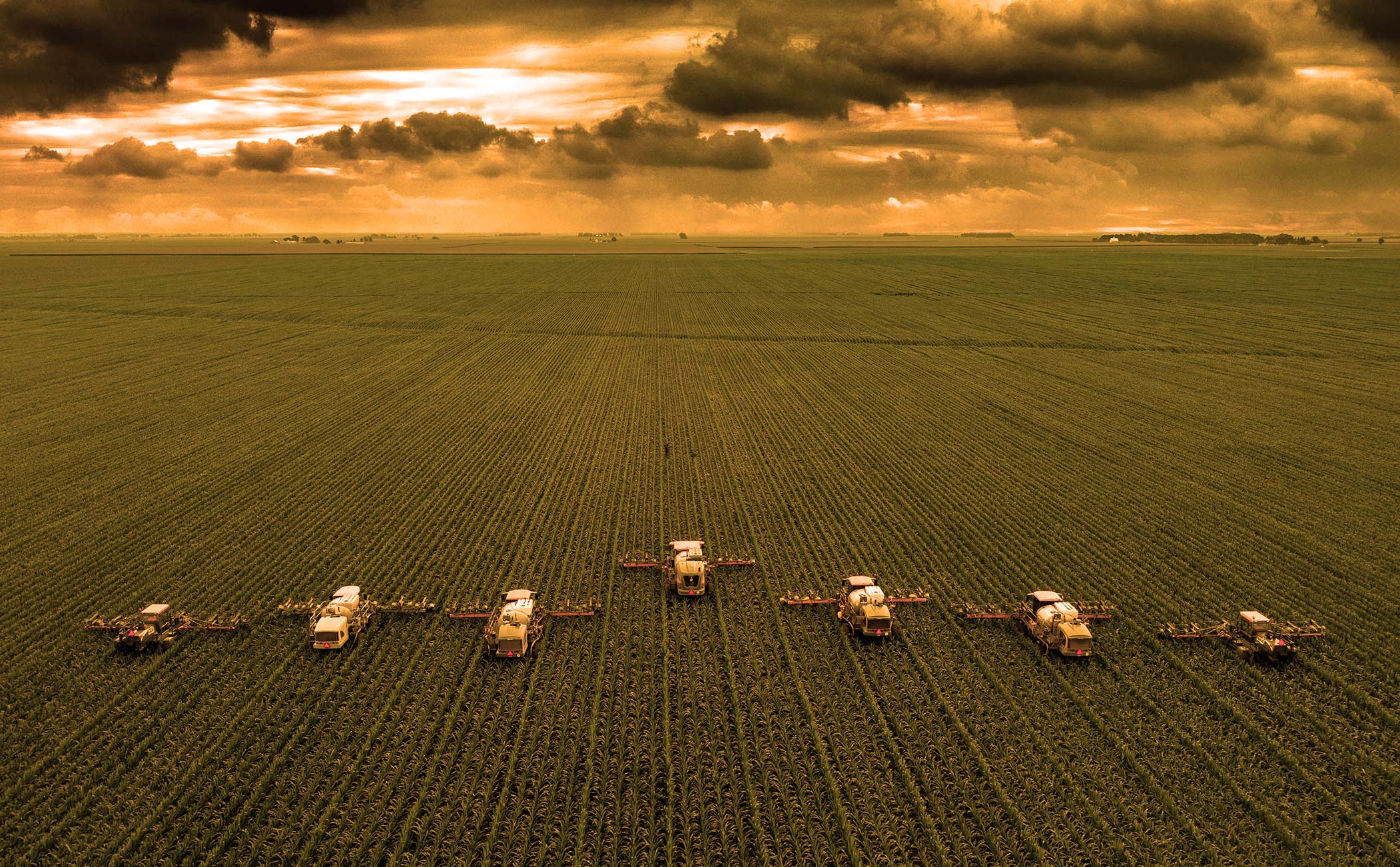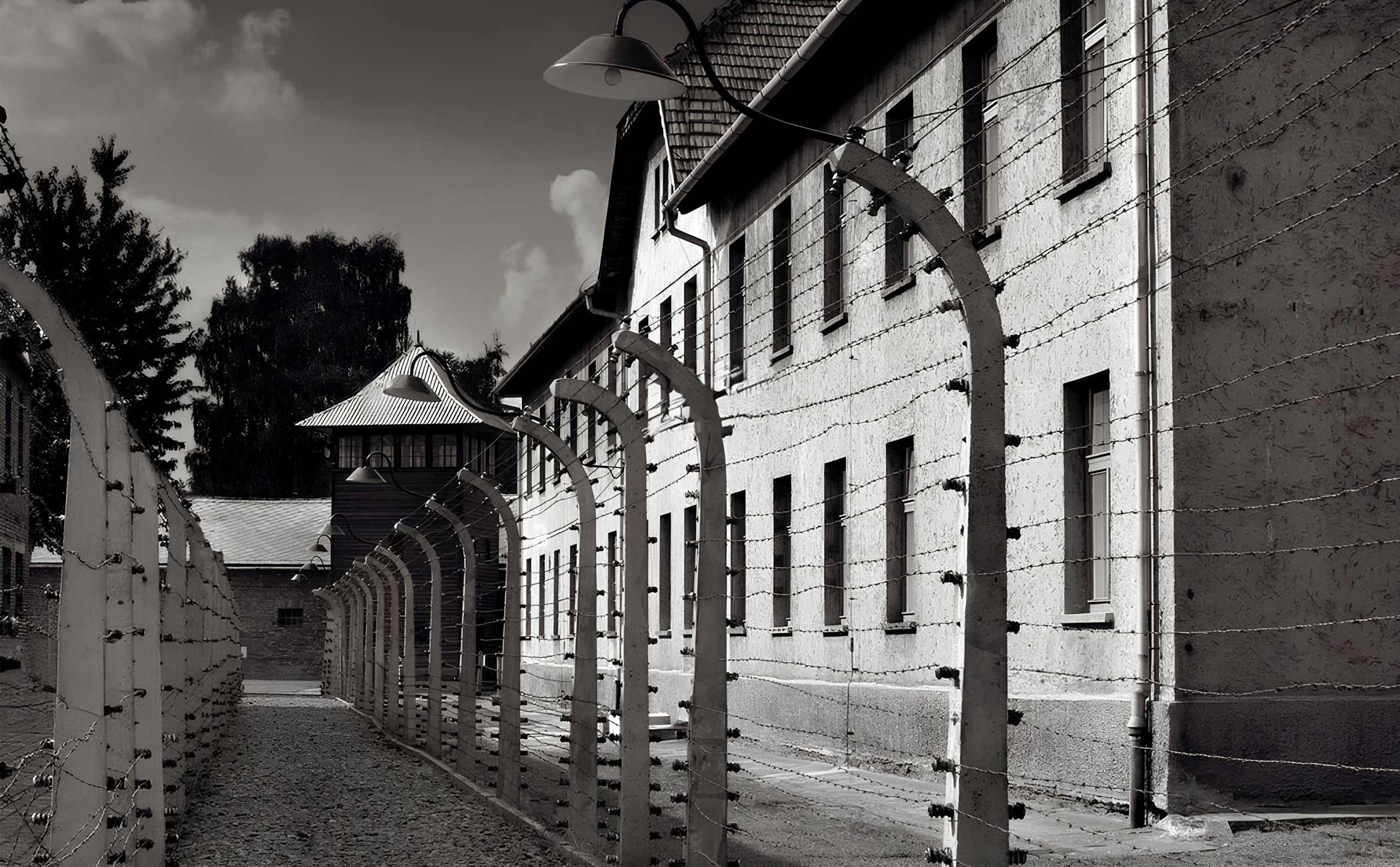Australia’s Working with Children Check (WWCC) system is facing growing scrutiny, with calls for urgent national reform reaching a boiling point. This comes after deeply disturbing revelations of child abuse carried out by individuals who continued to hold valid clearances to work with minors.
A Fragmented System with Dangerous Gaps
The WWCC is supposed to protect children by screening adults working in settings like childcare, education, and sport. But Australia’s system is fragmented, operating across eight separate state and territory jurisdictions. These checks often fail to communicate with each other, allowing individuals to slip through the cracks and gain clearance in one part of the country despite serious allegations or charges elsewhere.
An ABC News investigation highlighted the severity of the issue. In Victoria, childcare worker Joshua Dale Brown was charged with over 70 child sexual abuse offences, yet still held a valid WWCC when he was arrested. In Queensland, Ashley Paul Griffith was convicted of sexually abusing 73 young girls, all while cleared to work with children.
Repeated Warnings Ignored
The Royal Commission into Institutional Responses to Child Sexual Abuse recommended a national WWCC scheme back in 2015. Ten years later, that recommendation remains unfulfilled. Former commissioner Robert Fitzgerald summed up the frustration: “There doesn’t need to be any more reviews or any more inquiries, or any more royal commissions. The evidence was overwhelming 10 years ago, and it’s even more so today.”
Despite such clear guidance, Australia’s WWCC system remains patchy and inconsistent. Victoria, which has been widely criticised for having the weakest laws in the country, still allows people facing serious allegations, including those involving child abuse material, to retain their clearance until a conviction is secured.
States and Territories Finally Begin to Act
Some states are now taking overdue steps to tighten their systems. Victoria has announced plans for major reforms, while New South Wales is proposing to ban appeals for people denied a WWCC due to risk concerns. NSW Premier Chris Minns said the changes aim to put the protection of children ahead of procedural fairness for individuals flagged as potential threats.
Federal Education Minister Jason Clare has thrown his support behind a national approach, stating that reforms allowing real-time information sharing across jurisdictions “can’t happen soon enough.” He warned that outdated systems are putting children in danger.
Political Inaction and Public Outrage
Progress on a national scheme has been bogged down for years by a lack of agreement between federal, state and territory governments. Critics say this political gridlock has allowed systemic failures to continue unchecked, with devastating real-world consequences.
The backlash from the public has been swift and loud. During a recent segment on Sunrise, hosts took politicians to task for failing to act on years of clear recommendations and red flags.
The Time for Reform Is Now
With both political and public pressure mounting, there is finally hope that long-overdue national reform may be on the horizon. But for many, especially families already impacted, any change will have come far too late.
Until a unified, nationally consistent Working with Children Check system is in place, backed by real-time data sharing and tough legal safeguards, the safety of Australian children will remain compromised. Trust in the system has already been damaged. Restoring it will take decisive action, not more delay.








